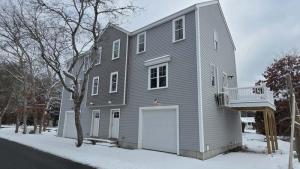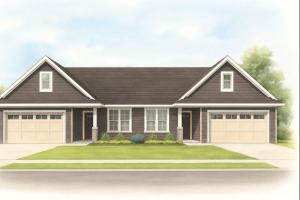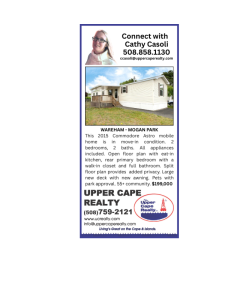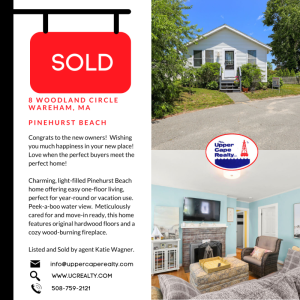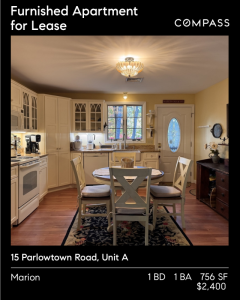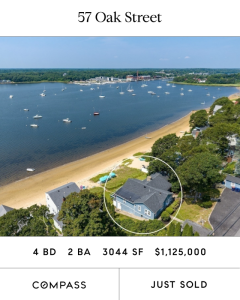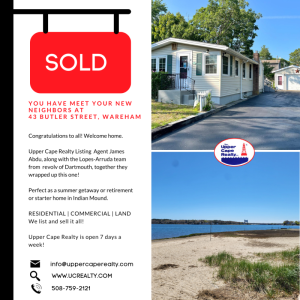Opinion: How did Dartmouth get so expensive?
To the Editor:
In a recent letter about Dartmouth's finances and future, I argued that the current state of our town is not sustainable. It might be interesting to look at how we got here. The short answer is automobiles. The longer answer is zoning and transportation choices that force you into automobiles.
Until the last 70-80 years, most people lived, worked, shopped, and worshiped within a short distance of their homes. Starting in the mid 20th century, our nation embarked on a course that put personal transportation in cars at the center of government policy. Interstate highways connected cities, malls were built near the off ramps, and traditional village centers and downtowns died, The problem with existing towns was diagnosed as congestion and lack of parking.
So localities passed zoning laws to fix the problem. Zoning restricted business and commercial areas to places away from where people lived. Zoning restricted housing to single family homes on big lots. As time went on, these policies made motor vehicles necessary for nearly every aspect of daily life. Drive to work, drive to the store, drive to church, drive to school. Open space rapidly filled with widely separated single family homes, often without sidewalks. As these changes take place, more car trips are needed. Commercial streets are widened and traffic gets worse. Not only on the mall roads (that are now multilane roads) but on our neighborhood streets too. Increasing traffic, speed, and vehicle size drove pedestrians and other users off the roads in fear for their safety, necessitating more car trips. Now we find ourselves sealed away from our neighbors by the metal shells that propel us to and from activities that used to connect us to those neighbors, On top of all this, the pattern described is fiscally unsustainable. The whole scene is bad and getting worse. We need a new plan.
When our residents attend a zoning meeting on new multifamily apartments or a densely drawn subdivision, the opposition is often focused on motor vehicle traffic. New dense development will increase car traffic. Without new growth, our town cannot continue to pay the bills but our zoning laws require people to live far away from work and shopping. A dilemma forced on us by our current rules and thinking. Places around the world are starting to turn away from car-centric thinking and development and their efforts are working. Dartmouth will need to change to a less car centered model to continue to thrive. The new books, Life after Cars and Paved Paradise, point the way to a better plan, a healthier, safer, happier, and more affordable Dartmouth.
William Trimble



















